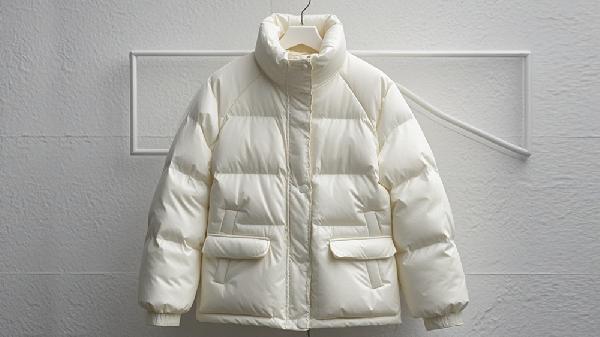Most of us know that when babies are born, they are usually covered in a white, sticky substance that looks like cheese. In the past, it was standard hospital procedure to wash babies immediately after birth, but nowadays most hospitals recommend waiting at least eight to twenty-four hours before giving the baby a bath. While it might be tempting to give your baby their first bath and touch their newborn skin, there are more reasons to wait a few extra days.

Protects the Skin
Around halfway through pregnancy, babies start to develop a white, waxy coating on their skin. This coating, made up of skin cells and proteins, serves multiple purposes. In the womb, it acts as a waterproof barrier, protecting the baby's skin from being soaked in amniotic fluid for months. Additionally, it serves as a natural moisturizer, helping to protect the baby's skin from drying out when exposed to air after birth.
Reduces the Risk of Infection
This waxy coating is composed of skin cells from the baby's early development and proteins that prevent bacterial infections. Your baby is born with this natural antibacterial cream on their skin, which helps fend off bacteria. In the hospital, babies may be exposed to various bacteria, such as staphylococcus and E. coli. These bacteria can cause complications like pneumonia, meningitis, and digestive system infections. While these infections are not uncommon, they can also lead to neonatal death.
Enhances the Mother-Baby Bond
Your baby has just spent nine months in the womb, listening to your heartbeat and becoming familiar with your voice. After birth, newborns rely on their senses to feel secure, and skin-to-skin contact with their mother provides that security, allowing further developmental behaviors to begin. The first moment parents see their child after birth is incredibly precious, and unless there is a medical emergency, the baby should be with the mother first. There are many benefits to keeping the baby and mother together. Bathing can wait until both the baby and mother are ready.
Improves Early Breastfeeding
If there is no separation or other interference after birth, within twenty to thirty minutes, placing the baby's skin against the mother's stomach or chest will prompt the baby to "crawl" to the breast and find the nipple without assistance. This instinctive self-latching in the first hour after birth helps your baby remember how to suck and swallow.
Promoting breastfeeding helps protect the baby from illness and reduces mortality. Separating the baby for a bath after birth can interrupt this process and make breastfeeding more difficult.
Aids in Temperature Regulation
When your baby is in the womb, they feel very warm, but after birth, the room temperature is only half of what it was. Newborns cannot regulate their body temperature well and do not have the fat insulation that adults do, even though they accumulate fat in the later stages of pregnancy. Bathing a newborn can cause them to become cold, requiring more energy and oxygen to maintain a stable body temperature.
























